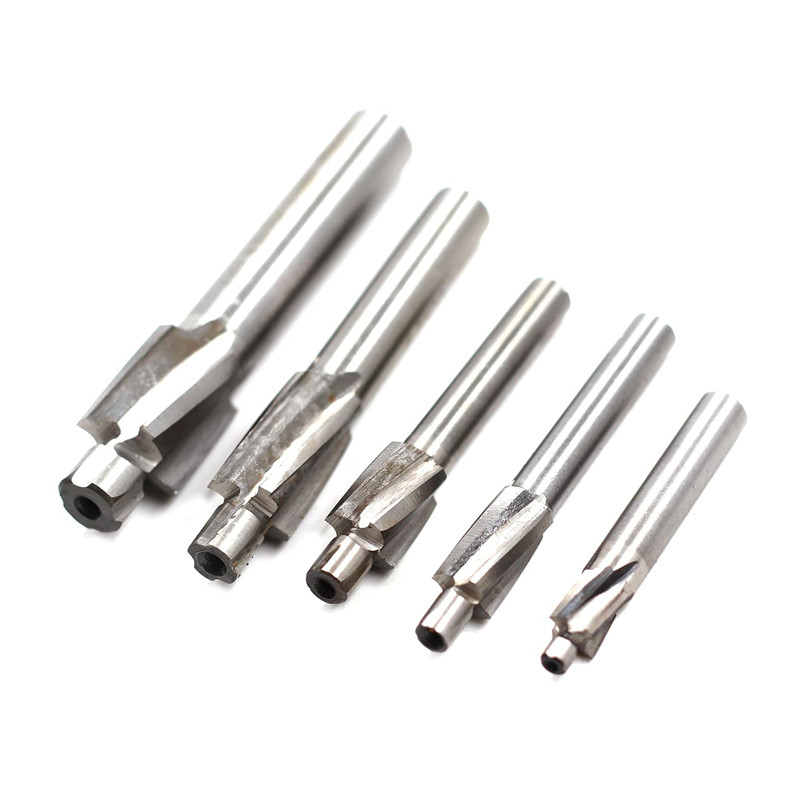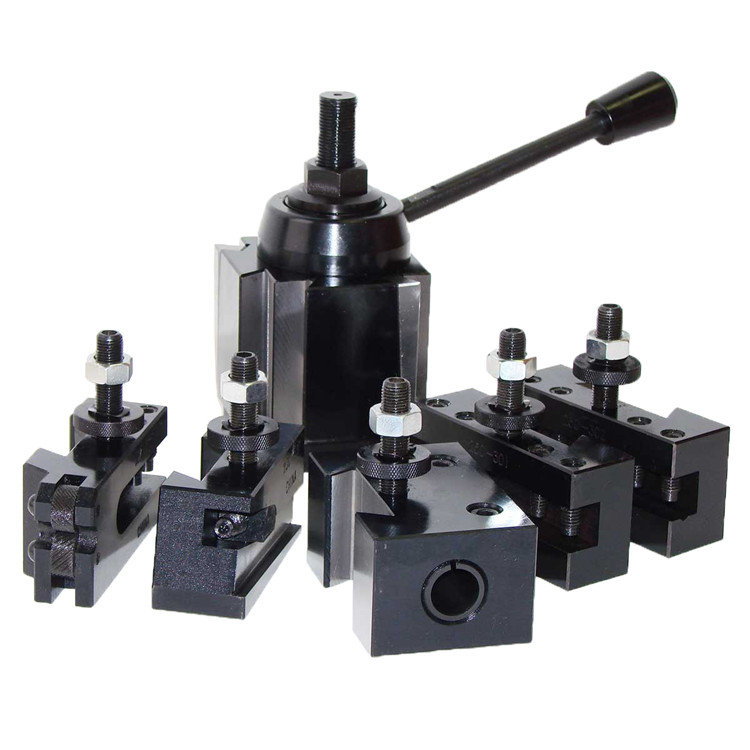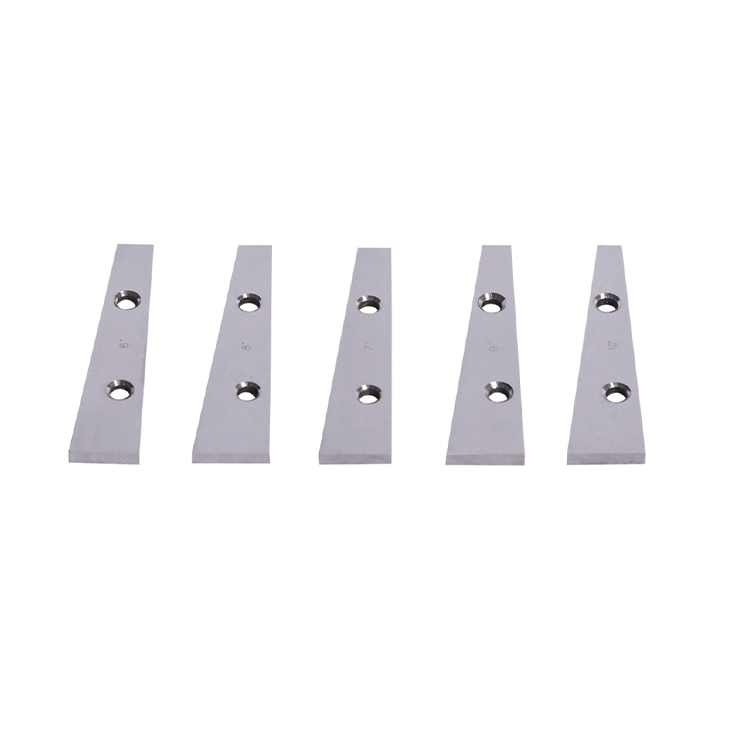pipe tap Suppliers
Finding reliable pipe tap suppliers can be challenging. This guide offers insights into choosing the right supplier, understanding different types of pipe taps, and what to consider before making a purchase to ensure you get the best quality and value.
Understanding Pipe Taps
Pipe taps are essential tools used to create threads in pipes and fittings, allowing them to be securely joined together. They are used in a wide range of applications, from plumbing and gas fitting to manufacturing and automotive repair. The quality and type of pipe tap you use can significantly impact the efficiency and durability of your work.
Types of Pipe Taps
Several types of pipe taps are available, each designed for specific applications:
- National Pipe Taper (NPT) Taps: The most common type, creating tapered threads for a tight, leak-proof seal.
- National Pipe Straight (NPS) Taps: Creates straight threads and requires a sealant to prevent leaks.
- British Standard Pipe Taper (BSPT) Taps: Similar to NPT but with different thread angles, commonly used outside of North America.
- British Standard Pipe Parallel (BSPP) Taps: Similar to NPS, creating parallel threads and also requiring sealant.
Key Considerations When Choosing Pipe Tap Suppliers
Selecting the right supplier is crucial for ensuring you receive high-quality pipe taps that meet your specific needs. Here are some key factors to consider:
Quality and Materials
The quality of the pipe tap directly affects its performance and lifespan. Look for suppliers that offer taps made from high-speed steel (HSS) or carbide, as these materials provide superior hardness and durability. Lower-quality taps can easily break or wear down, leading to wasted time and money.
Range of Products
A good supplier should offer a comprehensive range of pipe taps in various sizes, materials, and thread types. This allows you to find the exact tap you need for your specific application. Consider suppliers that offer specialized taps, such as those for stainless steel or other hard materials.
Pricing and Value
While price is important, it shouldn't be the only factor. Consider the overall value, including the quality of the tap, the supplier's reputation, and the availability of support and warranty. Investing in a higher-quality tap from a reputable supplier can save you money in the long run by reducing the need for replacements.
Supplier Reputation and Reviews
Research the supplier's reputation by reading online reviews and checking for testimonials. A supplier with a proven track record of providing high-quality products and excellent customer service is more likely to be a reliable partner.
Shipping and Delivery
Fast and reliable shipping is essential, especially when you need a pipe tap urgently. Check the supplier's shipping policies and delivery times to ensure they can meet your needs. Some suppliers offer expedited shipping options for an additional fee.
Top Pipe Tap Suppliers to Consider
While we cannot endorse specific suppliers, we recommend researching companies that have a strong reputation for quality and service. Consider looking at suppliers that offer:
- Extensive product catalogs with detailed specifications
- Competitive pricing and bulk discounts
- Technical support and expert advice
- Easy online ordering and tracking
Where to buy Pipe Taps?
Here at Wayleading Tools, we specialize in providing high-quality cutting tools, including a wide variety of pipe taps. Whether you need NPT, BSPT, or other specialized taps, we have the right tool for your job. Visit www.wayleading.com to explore our selection and find the perfect pipe tap for your needs.
Using Pipe Taps: Best Practices
To ensure the best results when using pipe taps, follow these best practices:
- Use the Right Tap for the Material: Different materials require different types of taps. Use a tap specifically designed for the material you are working with to prevent damage to the tap or the workpiece.
- Use Cutting Fluid: Cutting fluid helps to lubricate the tap, reduce friction, and prevent overheating. This prolongs the life of the tap and improves the quality of the threads.
- Apply Consistent Pressure: Apply consistent pressure while tapping to create clean, accurate threads. Avoid excessive force, which can break the tap.
- Back Out Regularly: Back out the tap regularly to clear chips and prevent clogging. This also helps to ensure that the threads are being cut evenly.
- Clean the Tap After Use: Clean the tap thoroughly after each use to remove any debris or residue. This will help to prolong its life and maintain its performance.
Troubleshooting Common Pipe Tap Issues
Even with the best practices, you may encounter issues when using pipe taps. Here are some common problems and how to troubleshoot them:
- Tap Breaking: This can be caused by excessive force, using the wrong tap for the material, or a dull tap. Ensure you are using the correct tap, applying consistent pressure, and using cutting fluid. Replace the tap if it is dull.
- Stripped Threads: This can be caused by using the wrong size tap, applying too much pressure, or using a dull tap. Ensure you are using the correct size tap and applying consistent pressure. Replace the tap if it is dull.
- Clogged Tap: This can be caused by not clearing chips regularly or using the wrong cutting fluid. Back out the tap regularly to clear chips and use the appropriate cutting fluid.
Conclusion
Choosing the right pipe tap suppliers is crucial for ensuring you have access to high-quality tools that meet your specific needs. By considering the factors outlined in this guide, you can make an informed decision and select a supplier that will provide you with reliable products and excellent service.
Related products
Related products
Best selling products
Best selling products-
 5C Hex Collet With Inch and Metric Size
5C Hex Collet With Inch and Metric Size -
 TCT Annular Cutters With Weldon Shank For Metal Cutting
TCT Annular Cutters With Weldon Shank For Metal Cutting -
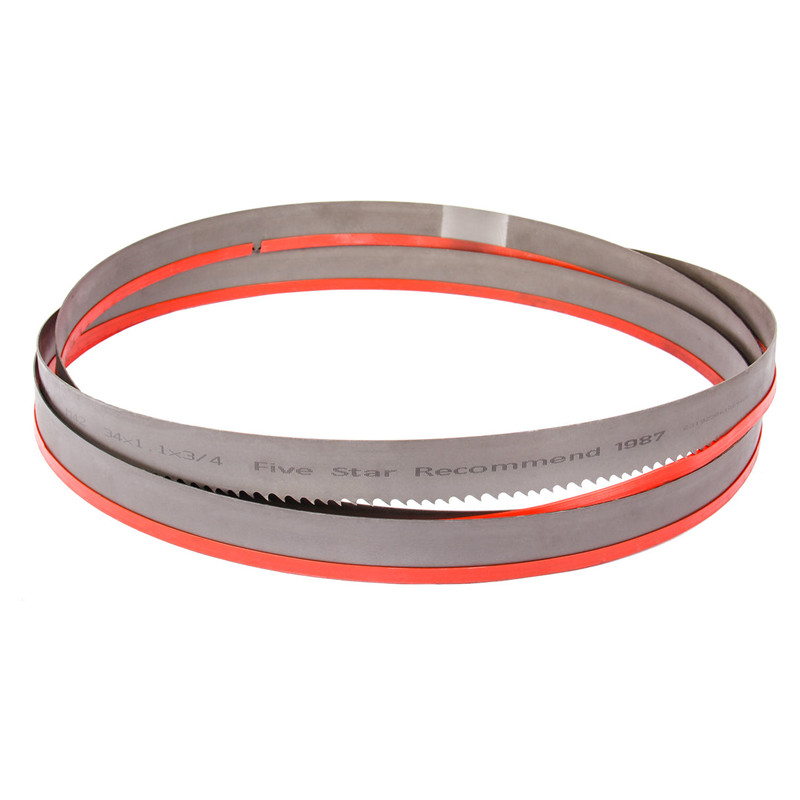 M51 Bi-Metal Bandsaw Blades For Industrial Type
M51 Bi-Metal Bandsaw Blades For Industrial Type -
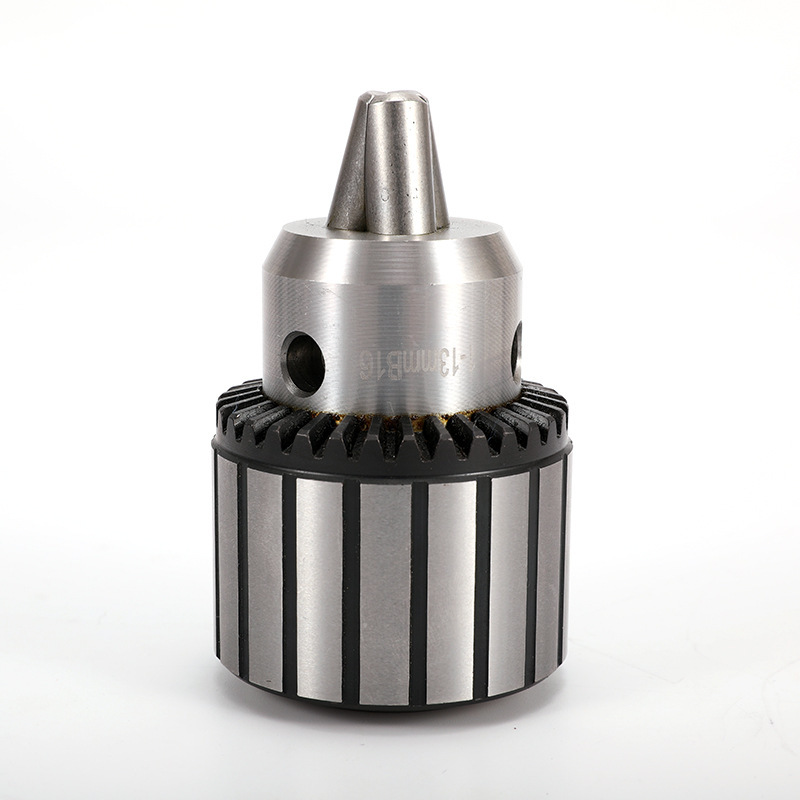 Key Type Drill Chuck With Heavy Duty Type
Key Type Drill Chuck With Heavy Duty Type -
 Metric HSS Step Drills With Straight Flute
Metric HSS Step Drills With Straight Flute -
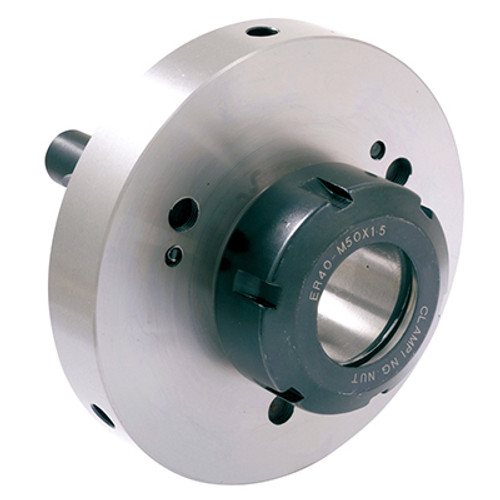 Camlock ER Collet Fixture With Lathe Collet Chuck
Camlock ER Collet Fixture With Lathe Collet Chuck -
 Dial Bore Guage From 6-450mm Range
Dial Bore Guage From 6-450mm Range -
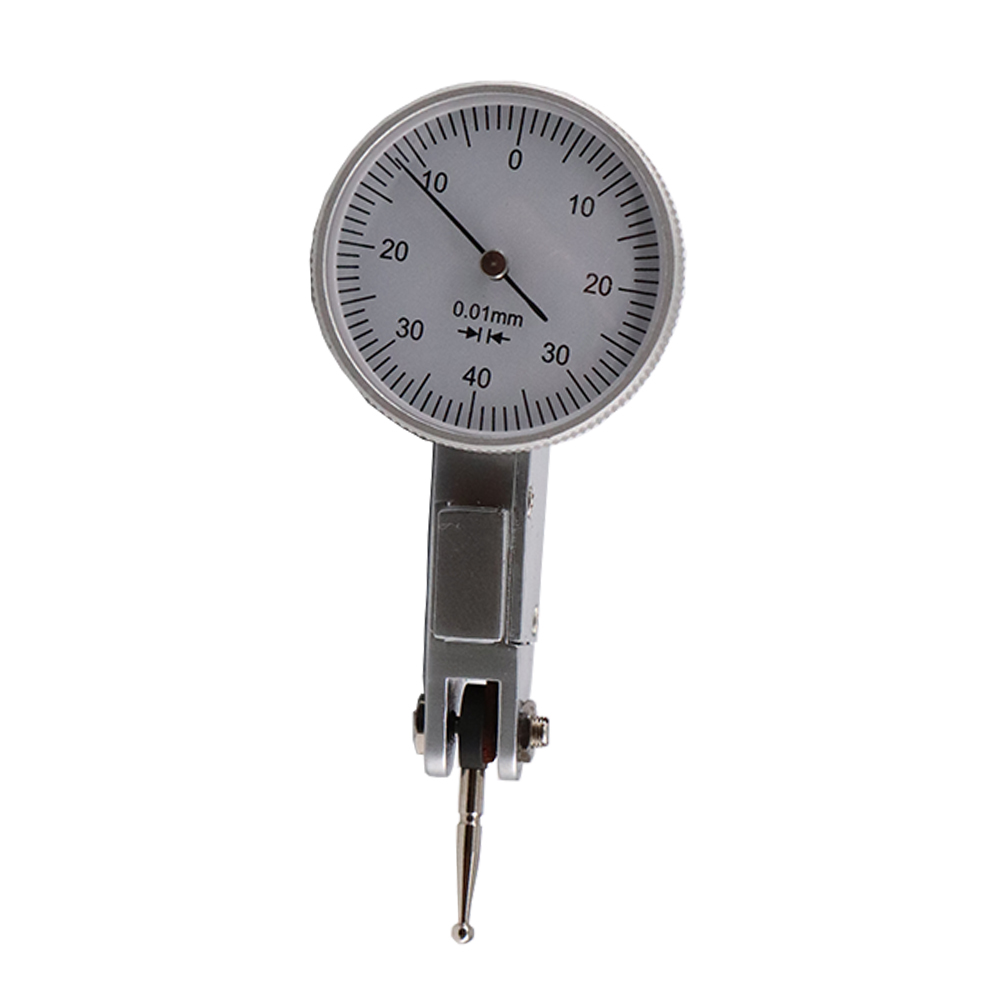 Precision Dial Test Indicator Gage For Industrial
Precision Dial Test Indicator Gage For Industrial -
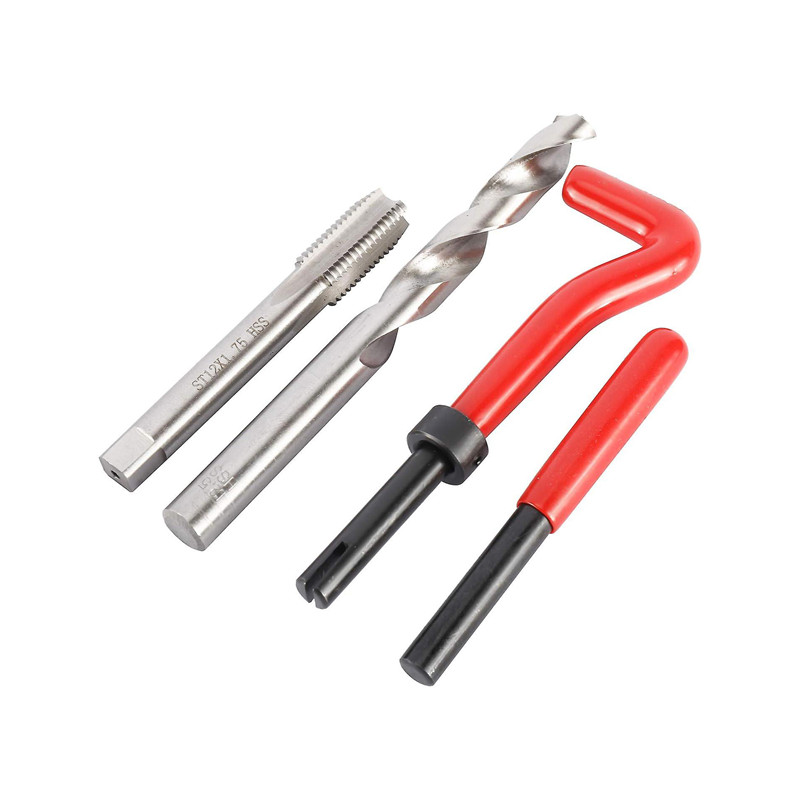 131PCS Thread Repair Set And Helicoil Type Thread Repair Set
131PCS Thread Repair Set And Helicoil Type Thread Repair Set -
 HSS DP Involute Gear Cutters With PA20 And PA14-1/2
HSS DP Involute Gear Cutters With PA20 And PA14-1/2 -
 Plain Back ER Collet Fixture With Lathe Collet Chuck
Plain Back ER Collet Fixture With Lathe Collet Chuck -
 HSS Threading Taps – ISO 529, Straight Flute, Spiral Flute & Spiral Point
HSS Threading Taps – ISO 529, Straight Flute, Spiral Flute & Spiral Point


